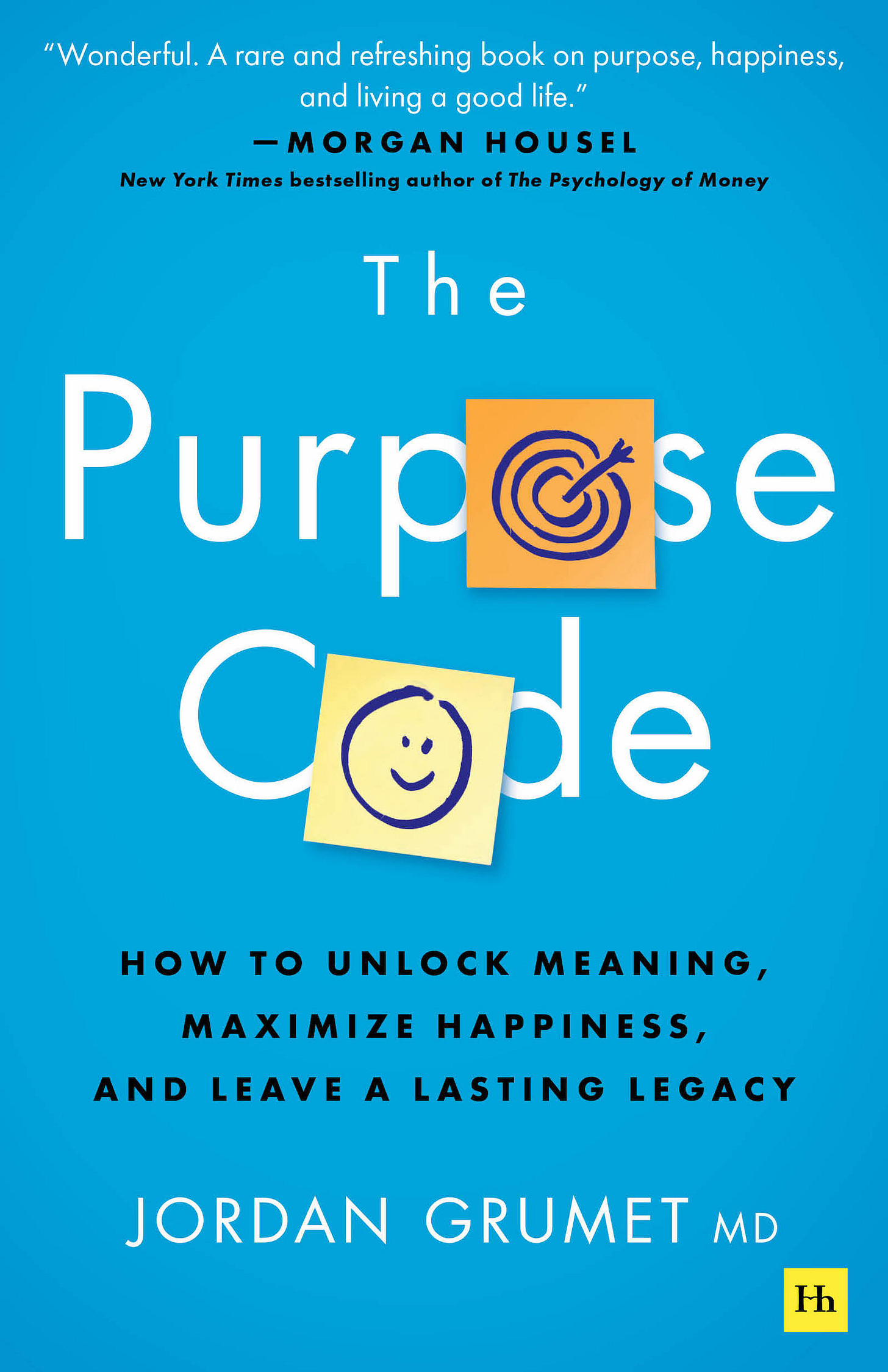The Three Biggest Problems With FIRE
Why financial independence alone isn’t enough
I’m a big fan of the FIRE movement—Financial Independence, Retire Early. In fact, if I had discovered FIRE earlier in my career, I probably would have had the courage to leave medicine much sooner and pursue a more fulfilling life. FIRE gave me a framework to imagine something different, and for that I’ll always be grateful.
But over the years, I’ve realized that the movement also has its blind spots. Problems we rarely talk about. And when we don’t address them, FIRE often fails to deliver what people are really hoping for.
So today, I want to share the three biggest ways I think FIRE gets it wrong—and how we might reframe things to make them right.
1. FIRE Puts Too Much Emphasis on Money
Money is a powerful tool, but it’s a terrible goal.
Here’s what I mean. When I sit at the bedside of my dying patients, not one of them regrets not working more nights or weekends. Not one says, “I wish I’d saved more money.” What they do regret is not living more fully. Not spending time with the people they love. Not doing things that gave their lives purpose.
FIRE often overemphasizes the dollars. Whether it’s how aggressively you save, how little you spend, or how fast your net worth grows—too much of the conversation centers on the money itself.
But money is only ever a means. The real goal should be how you spend your time, how you shape your days, and whether those days reflect the life you want to live.
When money becomes the obsession, we miss the point entirely.
2. FIRE Obsessives Chase Perfect at the Cost of Good Enough
The second problem I see in FIRE is what I’d call the perfection trap.
Too many people spend enormous amounts of time chasing the “perfect” financial strategy—whether it’s tax arbitrage, debating Roth conversions, or timing every decision to squeeze out the absolute highest return.
Sure, these things have their place. But most of the time, the marginal gains are tiny. The extra effort often buys you only a few percentage points at best. And meanwhile, you’re spending your most precious resource—your time—lost in spreadsheets and financial rabbit holes.
The truth is, you can get about 80% of the way there with simple, broad strokes: save consistently, invest in low-cost index funds, avoid lifestyle inflation. That gets you most of the benefits. Chasing the remaining 20% can quickly become a waste of your life.
Good enough is usually more than enough.
3. FIRE Gets Work and Retirement Backwards
Finally, FIRE often spends too much time wrestling with the idea of retirement. And frankly, I think “retirement” is a terrible word.
I “retired” in 2018, but I still do work I love. I practice part-time as a hospice doctor, I write, I speak. I even make money doing these things. But here’s the difference: I would do them even if I didn’t get paid. That’s what makes it feel like retirement to me—not the absence of work, but the presence of purposeful work I actually enjoy.
FIRE often frames the conversation as “work versus retirement,” as if those are the only two options. But that misses the bigger picture. Work, at its core, is simply the exchange of goods and services. The real question is whether that exchange lights you up—or drains you.
The goal isn’t to escape work entirely. The goal is to spend more of your life doing the kind of work that feels meaningful, exciting, and aligned with who you are—whether or not you earn a paycheck from it.
So instead of obsessing about the age you “retire,” we should be asking: How much of my time is spent on purposeful, joyful activities? How much am I in control of my days? That’s the real finish line.
Don’t Mistake the Tool for the Goal
So those are my three biggest critiques of FIRE:
It makes money the goal instead of the tool.
It chases perfection instead of embracing good enough.
It misunderstands work and retirement.
To be clear—I still believe FIRE is valuable. It’s given thousands of people (myself included) the courage to step off the treadmill and design a different kind of life. But FIRE is not the destination. It’s just a framework, a set of financial tools that can support something bigger.
And that something bigger—the thing we should never lose sight of—is living a life of purpose, connection, and joy.
Money matters, of course. But it matters only because it frees us to pursue the things that really count. Don’t mistake the tool for the goal.
Did you catch this week’s episode of Earn & Invest (Click to listen)?





Maybe you're talking with different FIRE people than I am, but I feel like most people are clear that the goal is freedom rather than money. Control over our time, the ability to travel, to do work we love that doesn't pay or might not pay for years, to raise our children.
I agree that money in itself as the goal of FIRE loses site of the why. The why in many cases is to have space and time to start something new like you have in building a community. I think Fritz puts it best when he says retirement is the Starting Line.
The people who chase FIRE to be done work will fail. The people who chase FIRE to start something new, even if they do not know what "it" is will succeed